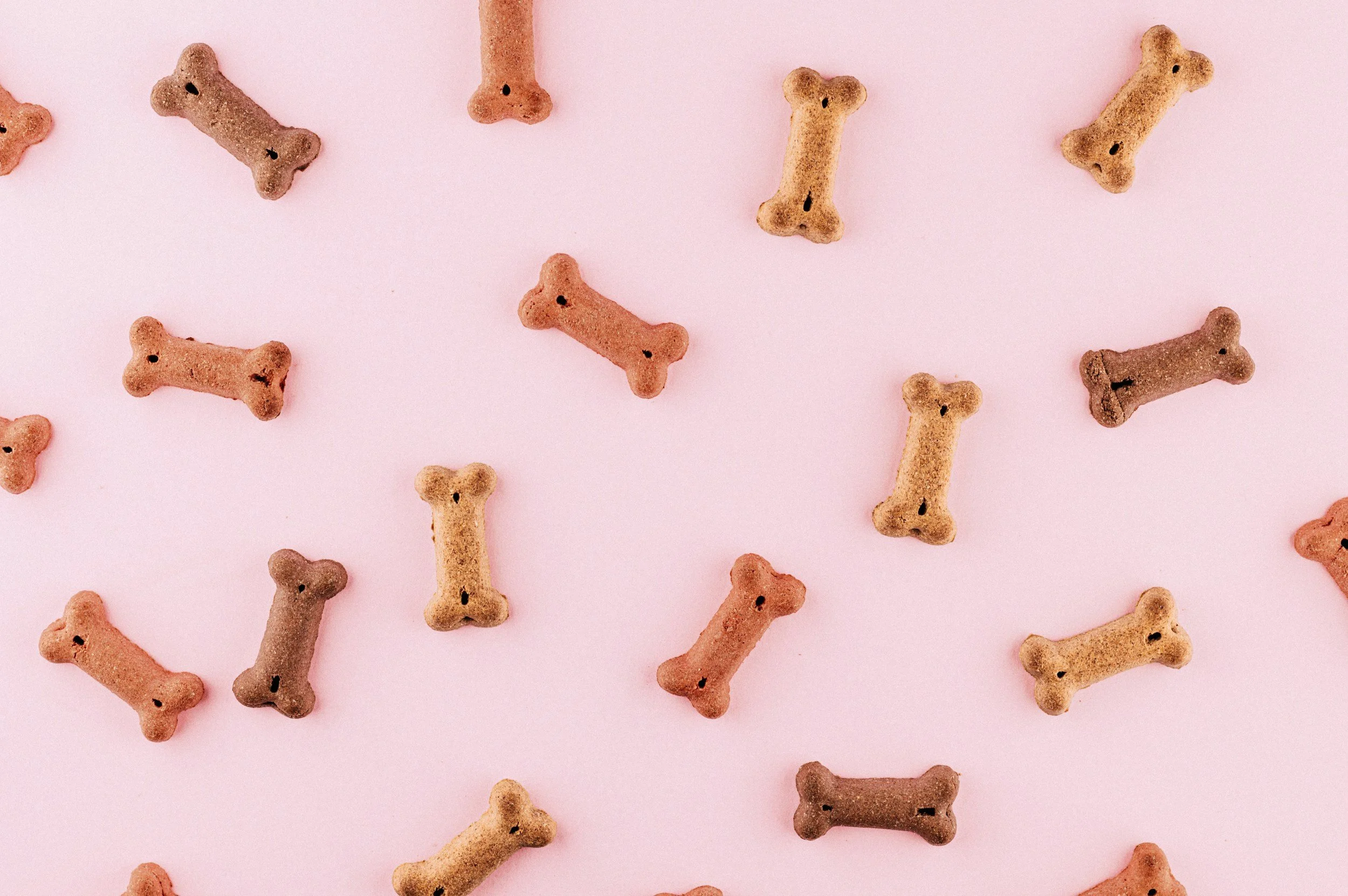
Dog Training & Behavior Tips

What is a High-Value Reinforcer in Dog Training and Why is it Important to Use One?
When it comes to training our furry friends, using high-value reinforcers can make all the difference. These reinforcers, which can come in the form of treats, toys, verbal praise, or even physical affection, provide a clear signal to the dog that they have accomplished the desired behavior. (Check out our big list of reinforcers if you need help thinking of possible reinforcers to try out!) On the other hand, low-value reinforcers, or things you may believe are reinforcing, but aren't, can actually confuse and slow down training progress. So what makes a reinforcer high-value? It varies from dog to dog - for some pooches, it might be a crispy bacon treat, for others, it could be a game of fetch with their favorite toy. The key is to observe your dog's body language and reactions during training sessions and determine which reinforcer gets them the most engaged and increases and strengthens the targeted behavior. Using high-value reinforcers appropriately can not only help keep training sessions fun and engaging for both you and your pup but also increase efficiency and speed in learning behaviors and cues.

Operant or Classical Conditioning In Dog Training: Is It Possible To Use Just One?
If you're new to the world of dog training, you may be wondering what operant conditioning and classical conditioning are, how they differ from one another, and if you can use them separately from one another. Both operant conditioning and classical conditioning are important elements of dog training, and it's important to understand the difference between the two in order to be the best trainer possible. Here's a brief overview of each type of conditioning, as well as a history of their respective pioneers, Ivan Pavlov and B.F. Skinner.

Puppy Training: Building Confidence In Your Puppy
Building confidence in our dogs is overlooked. We believe that all dogs will be friendly, sociable, and happy-go-lucky. Unfortunately, that is not the case. Dogs of this nature are hard to come by these days. The odds are usually stack against us when we first get our puppy.

Husbandry Training: Conditioning Your Dog to a Harness
Need a step-by-step process to get your dog to wear their harness comfortably? If your dog is growling, fleeing, or biting when you attempt to put on their harness, using positive reinforcement-based husbandry training could be the answer to your problems. Follow the steps in this article to help your dog love their harness!
